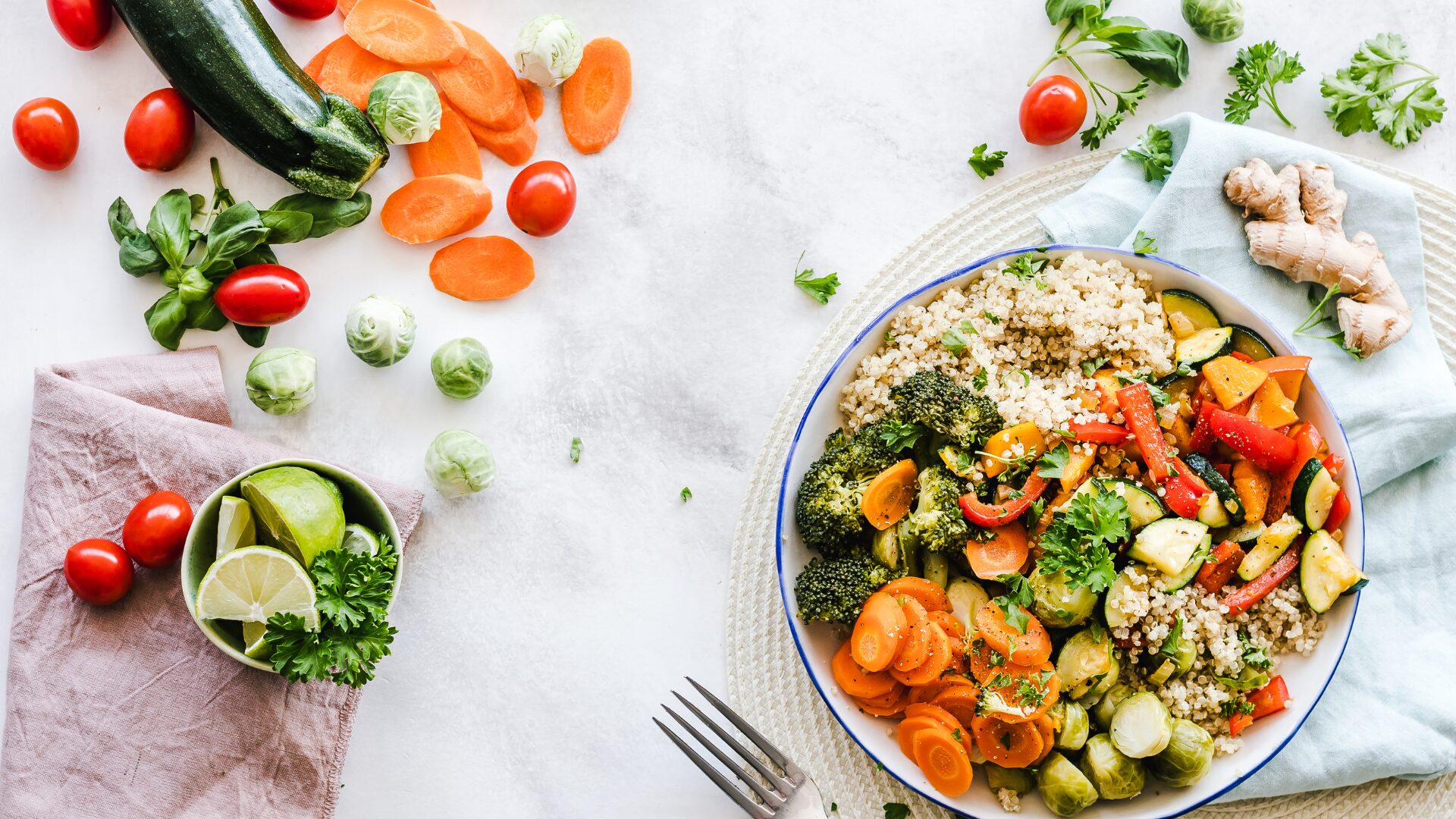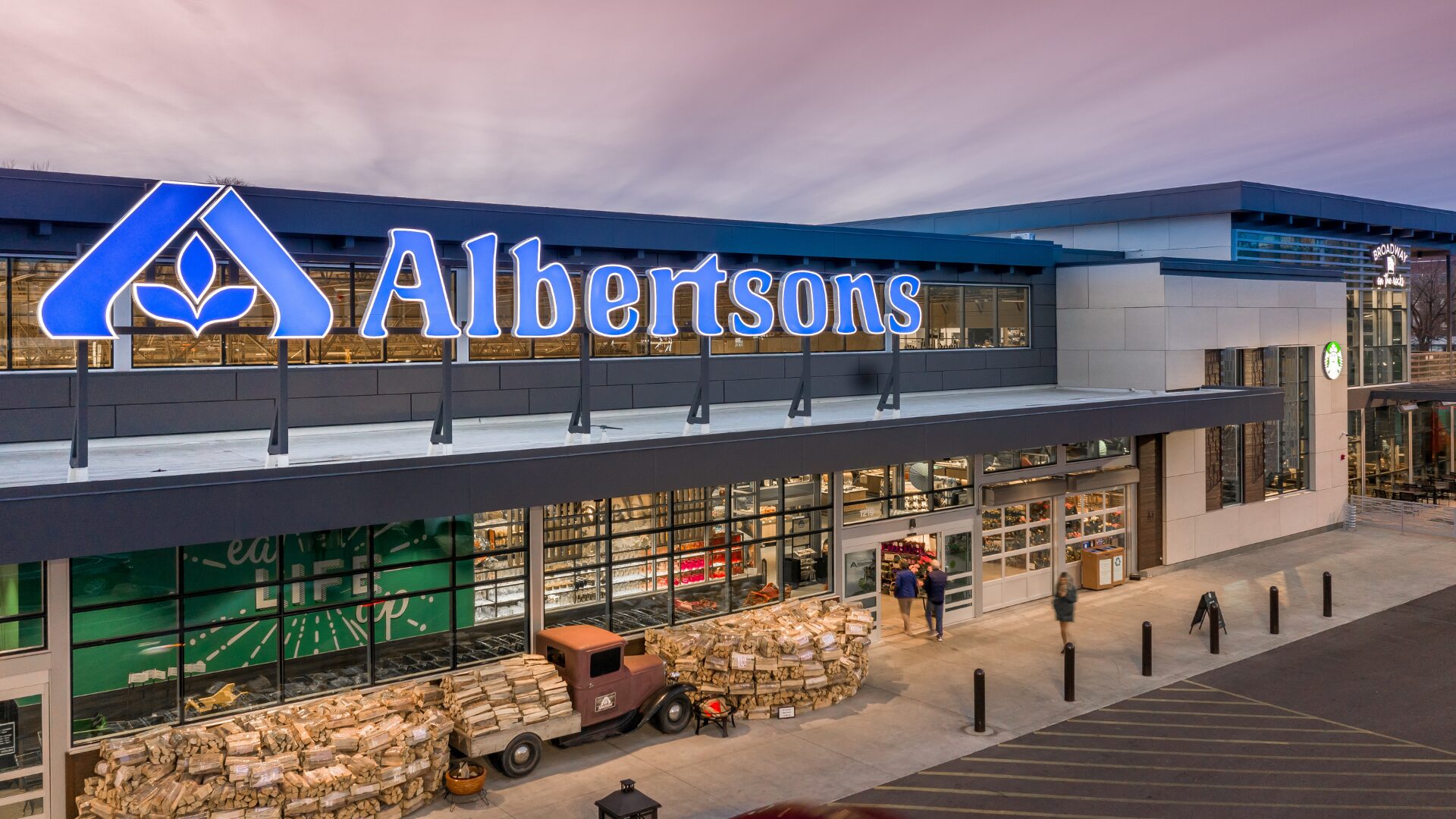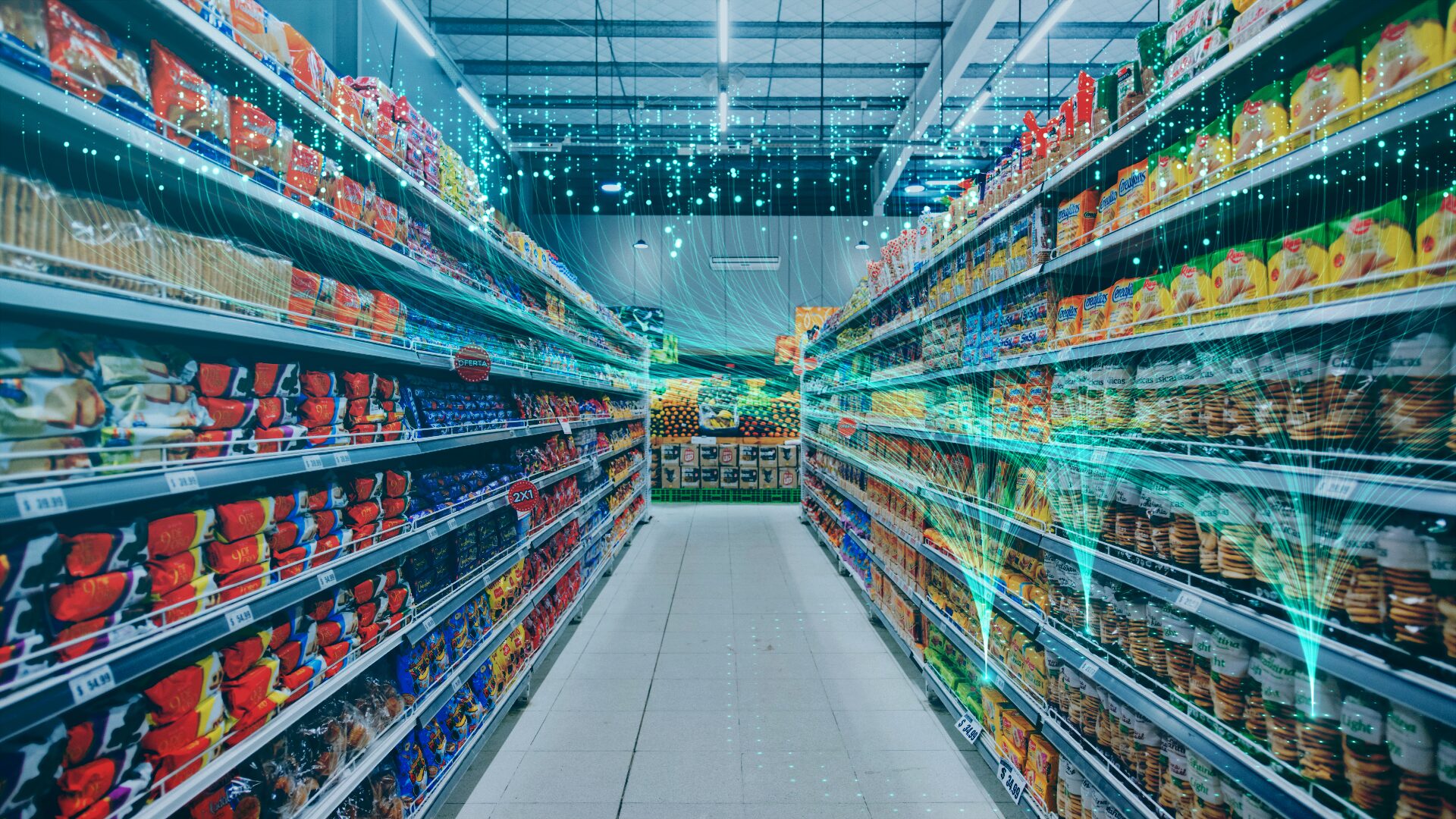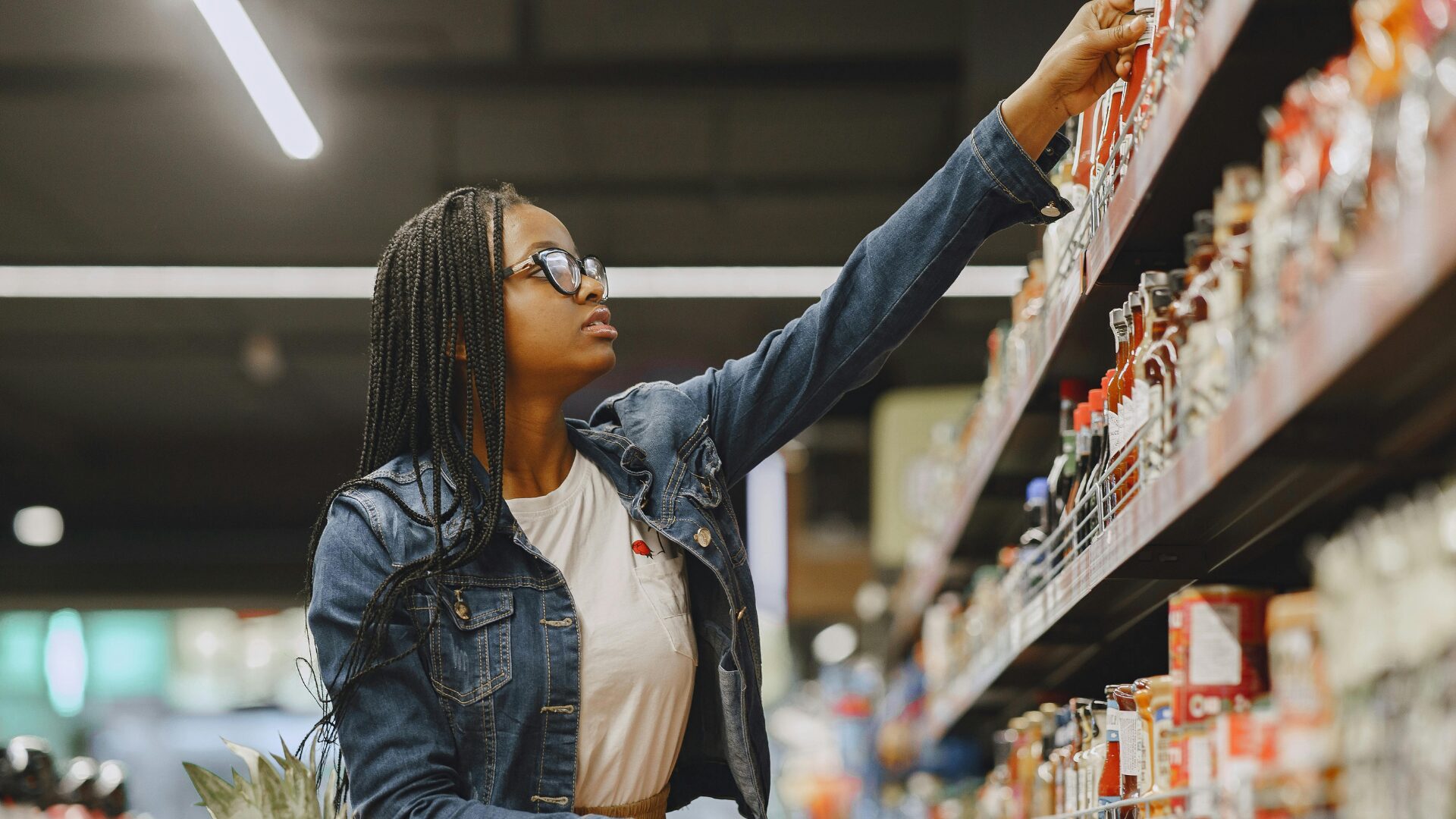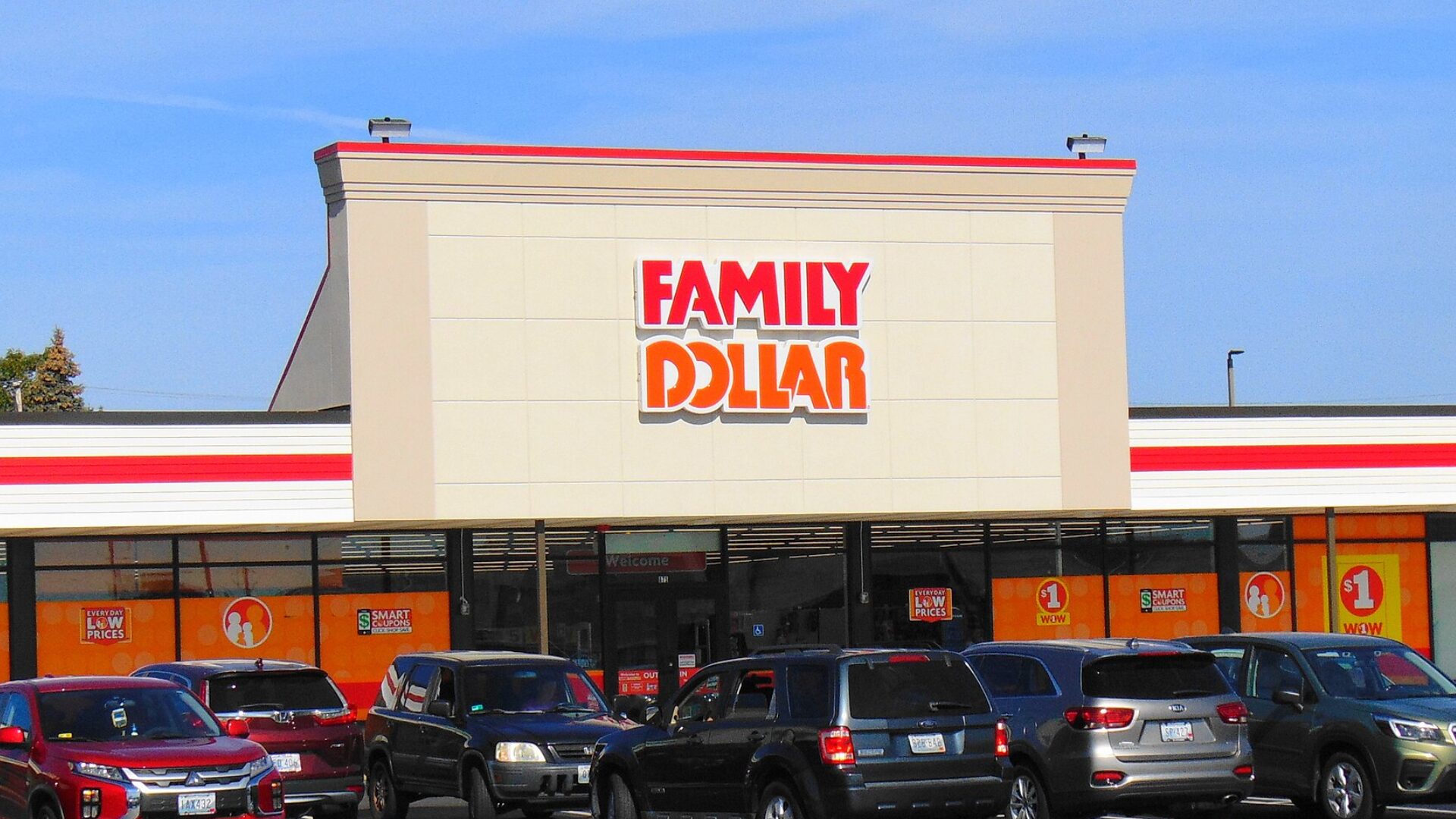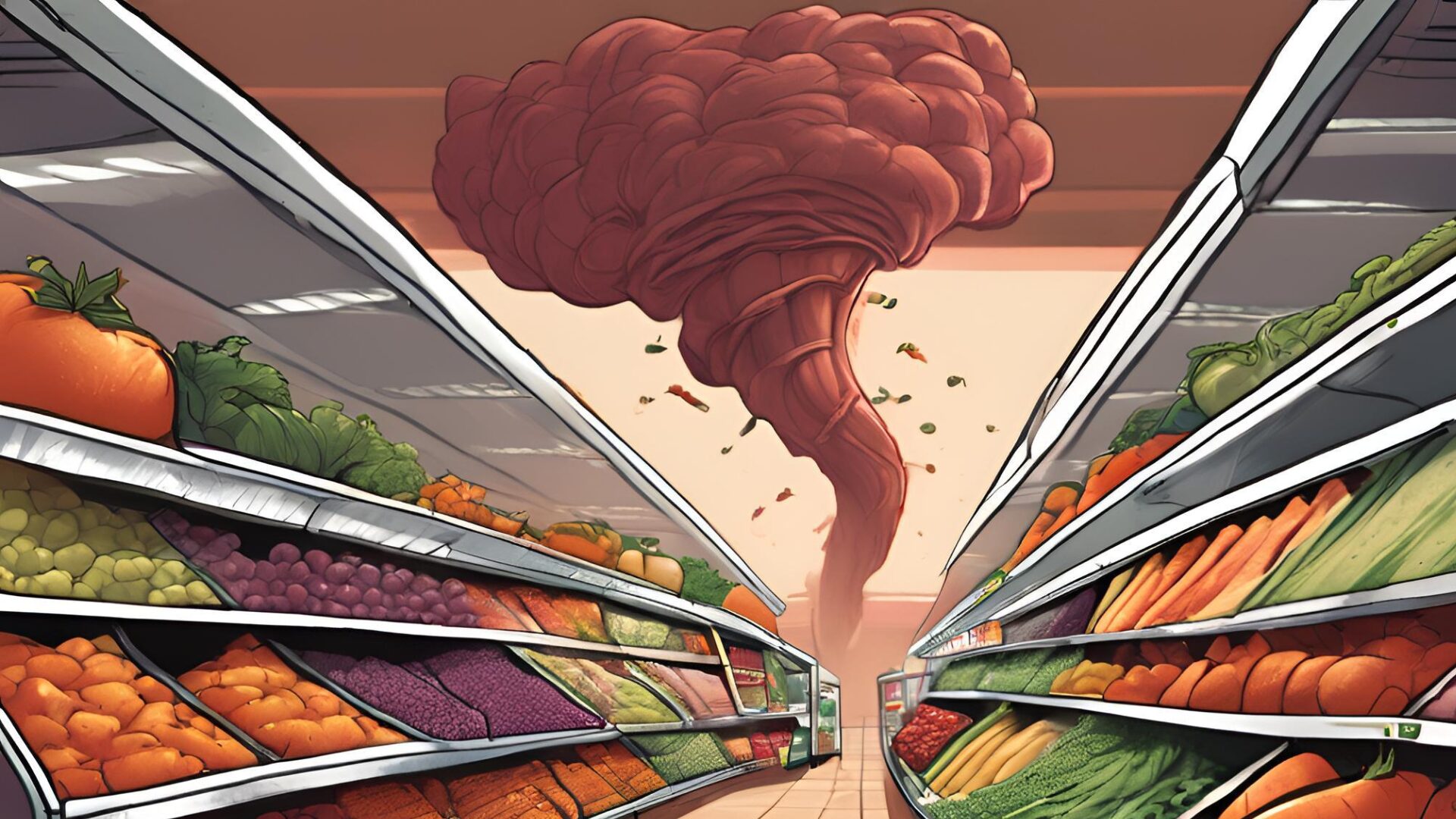Private label products were among the top five sellers by dollar sales in 95 out of 122 total food and beverage categories tracked during the 52 weeks ending Oct. 6, according to Food Institute analysis of data provided by IRI, a Chicago-based market research firm (@iriworldwide).
Private label was the top seller by dollar share in 43 categories, and was particularly popular in the frozen juice, dried fruit, canned fruit, frozen fruit, frozen vegetable and canned vegetable segments. Additionally, private label sales are growing at twice the rate of national brands, according to IRI‘s Consumer Connect Survey.
“While shoppers across generations and income groups in 2019 are undoubtedly more price conscious, they are turning to private label because of their positive perceptions of the value,” said Joan Driggs, VP of content and thought leadership at IRI. “Shoppers are buying private brands because it makes them feel good to save money without sacrificing taste, selection or quality.”
Younger, senior and low- to middle-income consumers are key targets for private label growth, with Millennials demonstrating the highest adoption of private label products, increasing 10% in 2019 from 2018.
However, there still remains room for improvement. According to Driggs, packaging image was found to be a purchase barrier among Millennials. “In addition to packaging, retailers should continue to find ways to innovate,” she added. “Don’t wait for national brands to lead with trends, such as plant-based, functional and wellness products.”
According to March 2019 data from Nielsen, private label items made up 57% of annual CPG sales at value grocery stores in the U.S., 23% at premier fresh grocery stores and 22% at mass merchandise/superstores.
During the same time frame, sales of private label CPGs at conventional grocery stores took an additional 3% of the market share away from brand-name CPGs.
Several big players in the grocery business are taking note of the trend and revamping their private-label products with an emphasis on plant-based and premium-branded offerings, reported eMarketer (Oct. 8).
In August, Target revealed a major overhaul of its Good & Gather brand, which is set to eventually replace the store’s existing private label grocery brands—Archer Farms and Simply Balanced. Good & Gather will include a product line extension for organic foods, as well as a “signature” line for more premium items.
The products won’t contain artificial flavors, sweeteners, synthetic colors or high-fructose corn syrup, distinguishing the brand from lower-quality private labels. Target had a 13% market share of private label CPG sales in 2018, according to data from Numerator.
Meanwhile, Kroger is adding a new collection of plant-based items to its Simple Truth brand and Albertsons shortly followed suit with a similar plan to add new organic and plant-based frozen foods to its Own Brands label.




